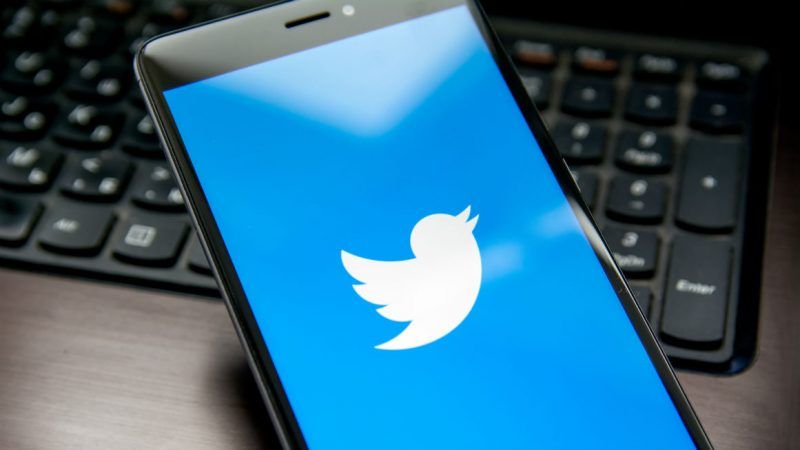Study: Russian Twitter Trolls Did Not Throw the 2016 Election to Trump
There is "no evidence of a meaningful relationship" between Russia's influence campaign on Twitter and the 2016 electoral outcome.

Russia's efforts to sway the 2016 U.S. presidential election in Donald Trump's favor by influencing voters on Twitter had no discernible impact whatsoever, according to a new study by New York University's Center for Social Media and Politics.
"We find no evidence of a meaningful relationship between exposure to the Russian foreign influence campaign and changes in attitudes, polarization, or voting behavior," wrote the study's authors.
This observation is well-supported by a few key findings. Just 1 percent of Twitter users absorbed about 70 percent of the so-called Russian disinformation, meaning that a tiny fraction of overall users encountered actual Russian trolls. These users were overwhelmingly partisan Republicans; there is no reason to think that masses of gullible swing voters who might have voted for Hillary Clinton were hoodwinked by Russia and opted for Trump instead.
And this finding closely tracks previous research on the same subject. A 2019 review by Science magazine found that just 1 percent of Twitter users were exposed to 80 percent of the misinformation present, and these tended to be older, extremely partisan users—people who were already voting for Trump, in other words. Another study by researchers at the University of Colorado Boulder found that 94 percent of Twitter users never shared this kind of content.
The NYU study also replicates a central finding of these earlier reviews of the research: namely, the amount of time, money, and effort Russia spent on influencing social media users was a drop in the bucket compared with the work being done by the Trump and Clinton campaigns themselves, as well as the attention being paid to the candidates by U.S. media outlets.
"Content from the news media and U.S. politicians dwarfed the amount of Russian influence content the electorate was exposed to during the 2016 race," The Washington Post notes on the NYU study.
The Post's Tim Starks highlighted the study's findings in a recent article. The news probably came as a surprise to many readers; unfortunately, mainstream and liberal consumers of political news have been conditioned to believe that misinformation—often of foreign and Russian origin—is the source of countless modern maladies. But time and time again, data tell a different story.
As I wrote in my 2021 book Tech Panic: Why We Shouldn't Fear Facebook and the Future, "the fact that the professional pundit class are themselves excessively active on social media probably makes them especially susceptible" to the idea that everything is Twitter's fault.


Show Comments (146)